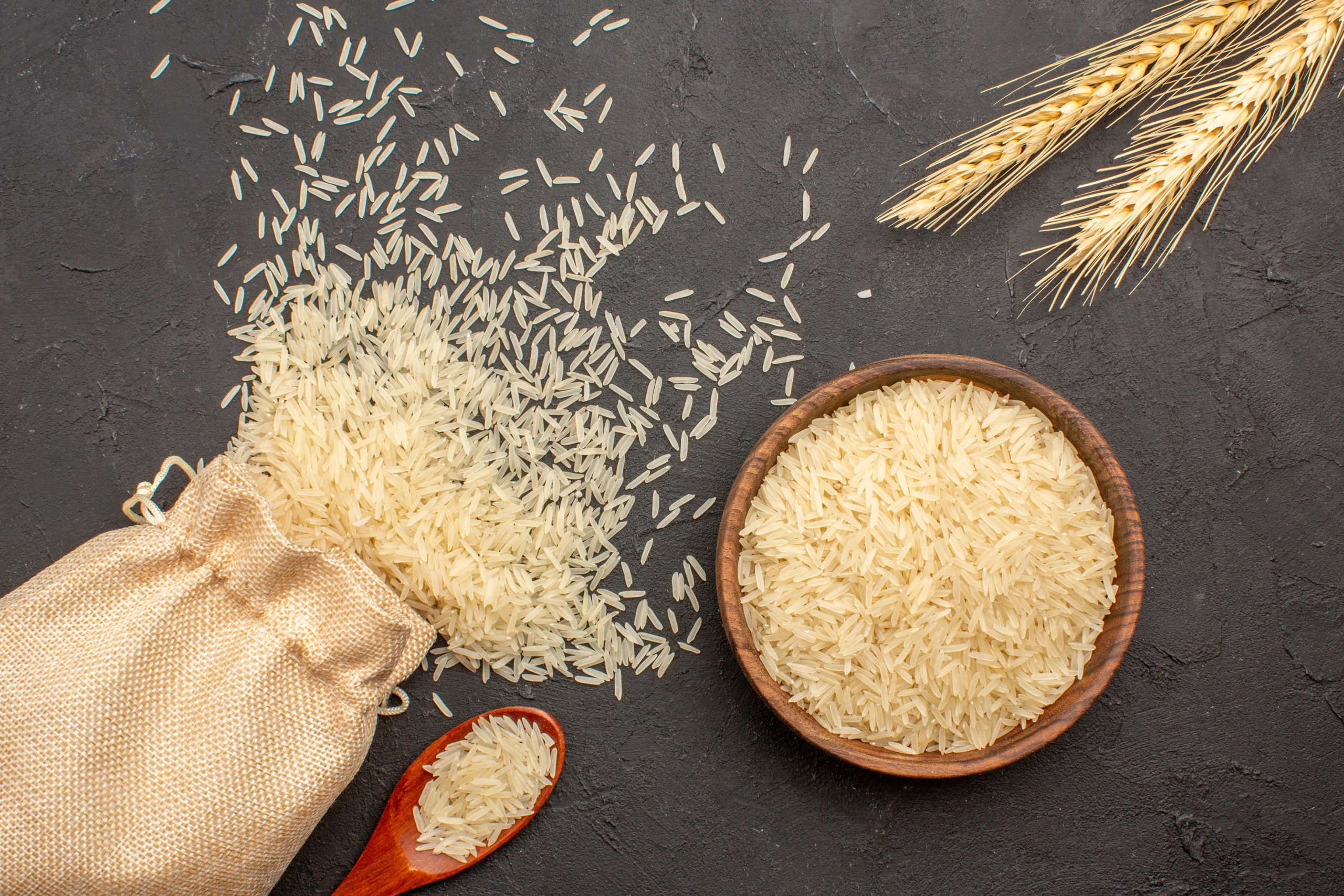Basmati rice holds a special place in global cuisine, known for its distinct aroma, long grains, and exceptional flavor. It has become a staple in numerous international dishes, making it a prized export of India. But have you ever wondered how basmati rice suppliers in India maintain their reputation for delivering high-quality products? The process involves meticulous attention to detail, stringent quality checks, and adherence to global standards. Let’s explore the journey of basmati rice from farm to fork and uncover the factors that uphold its premium quality.

Cultivation in Ideal Conditions
The journey of high-quality basmati rice begins with its cultivation. The fertile plains of northern India, particularly in states like Punjab, Haryana, and Uttar Pradesh, provide the ideal conditions for growing basmati rice. These regions benefit from alluvial soil, favorable weather, and access to ample water supply—all crucial for producing premium grains.
To ensure the best output, Indian basmati rice exporters work closely with farmers, providing them with high-quality seeds, training on sustainable farming practices, and regular monitoring of the fields. This collaboration guarantees that the crop meets both domestic and international standards.
Stringent Harvesting and Post-Harvest Practices
Harvesting basmati rice at the right time is essential for preserving its aroma and texture. Overripe grains lose their unique fragrance, while underripe ones compromise quality. To lower the moisture content, the grains are thoroughly dried after harvest.
After drying, the rice is milled using advanced machinery to remove the husk, bran, and germ. Basmati rice manufacturers in India ensure that the milling process is precise to retain the nutritional value and natural characteristics of the grains. Post-milling, the rice is aged for several months to enhance its flavor and cooking quality—a step that sets basmati apart from other varieties.
Adherence to Quality Standards
Quality assurance is a critical step for all Indian basmati rice suppliers. Each batch of rice undergoes rigorous testing for parameters like grain length, moisture content, and purity. Accredited laboratories conduct these tests to ensure compliance with global standards.
Another key factor is non-adulteration. Pure basmati rice is free from additives or mixing with other rice varieties. Manufacturers and suppliers employ modern technology to maintain purity, guaranteeing that their product meets the expectations of international buyers.
Compliance with Export Regulations
Exporting basmati rice involves meeting stringent international regulations. Leading basmati rice manufacturers in India ensure that their products are free from harmful chemicals and pesticides by adhering to Good Agricultural Practices (GAP). Certifications such as ISO, HACCP, and FDA further validate the quality of Indian basmati rice in global markets.
To facilitate smooth exports, suppliers also focus on packaging. High-quality, air-tight packaging preserves the freshness, aroma, and nutritional value of basmati rice during transit. This ensures that consumers worldwide enjoy the same quality as those in India.
Sustainable Farming and Ethical Practices
Concerns over ethical sourcing and sustainability are growing among modern consumers. Many Indian basmati rice exporters are now adopting eco-friendly farming techniques to reduce their carbon footprint. Initiatives such as water conservation, crop rotation, and the use of organic fertilizers are becoming common practices.
Moreover, these exporters are committed to fair trade practices, ensuring that farmers receive a fair price for their produce. This not only supports the livelihoods of farming communities but also fosters long-term partnerships between suppliers and growers.
Meeting Diverse Consumer Needs
Global demand for basmati rice varies widely, with consumers seeking different grades, sizes, and packaging options. Leading basmati rice suppliers in India cater to this diversity by offering a wide range of products, from premium long-grain basmati to affordable options for everyday consumption. Suppliers’ ability to customize offerings according to market preferences has been instrumental in cementing India’s position as the leading exporter of basmati rice.
Emphasis on Innovation and Technology
The integration of technology has transformed the basmati rice industry. From using drones to monitor crop health to employing AI-driven quality checks, Indian basmati rice suppliers are leveraging innovation to enhance efficiency and maintain quality. Automated grading and sorting systems ensure that only the finest grains are packed and exported, reducing human error and boosting consistency.
The commitment of basmati rice manufacturers in India to maintaining high-quality standards is evident at every stage of production, from cultivation to packaging. By adhering to stringent regulations, employing sustainable practices, and embracing technological advancements, these suppliers ensure that basmati rice continues to be a symbol of Indian excellence on the global stage.
For those seeking premium-quality basmati rice, Vora Spice Mills offers exceptional options that cater to diverse needs, backed by a legacy of trust and quality assurance.


